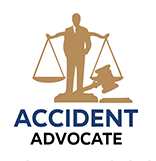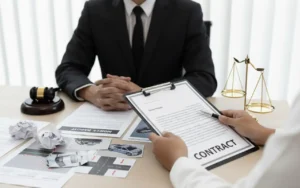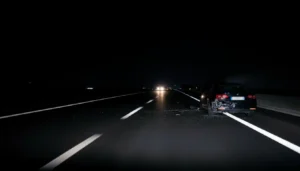Slip and Fall Accidents: How to Prove Liability and Seek Compensation
Slip and fall accidents can happen anywhere—on wet supermarket floors, uneven sidewalks, or poorly lit stairwells. While they may seem minor, these incidents can result in serious injuries like broken bones, concussions, and long-term mobility issues. If you’ve been injured in a slip and fall due to someone else’s negligence, you may have a legal right to compensation. In this guide, we explain how to prove liability and what steps to take to pursue a successful personal injury claim.
Understanding Premises Liability
Slip and fall claims fall under the category of premises liability. Property owners have a legal duty to maintain safe conditions for visitors. If they fail to do so and someone is injured as a result, they may be held liable.
To win a slip and fall case, you typically need to prove:
- A hazardous condition existed
- The property owner knew (or should have known) about the hazard
- They failed to fix it or warn visitors in a reasonable timeframe
- The hazard directly caused your injury
Common Causes of Slip and Fall Accidents
Slip and fall hazards can appear in nearly any environment. Some of the most common causes include:
- Wet or slippery floors (from spills, cleaning, or weather)
- Uneven flooring or loose tiles
- Poor lighting in hallways or stairwells
- Broken handrails or steps
- Obstacles in walkways (cords, boxes, rugs)
- Icy sidewalks or parking lots
Steps to Take Immediately After a Slip and Fall
If you’ve been injured, your actions after the incident can affect the outcome of your case. Here’s what to do:
- Seek medical attention immediately – Your health is the priority, and medical records will document your injuries.
- Report the incident – Notify the property owner, store manager, or landlord. Ask for a written incident report.
- Document the scene – Take photos of the hazard, lighting, weather conditions, and your injuries.
- Collect witness info – Get the names and contact details of anyone who saw the accident.
- Preserve evidence – Save the clothes and shoes you were wearing.
For more detailed tips, visit Nolo’s guide to slip and fall injuries.
Proving Liability in a Slip and Fall Case
Proving negligence can be tricky. Insurance companies often argue that the hazard wasn’t dangerous or that the victim wasn’t paying attention. That’s why solid evidence is crucial.
A personal injury attorney will help you:
- Gather surveillance footage (if available)
- Subpoena maintenance records or inspection logs
- Interview witnesses
- Demonstrate that the property owner knew or should have known about the danger
Comparative Negligence: What It Means for Your Case
Some states use a comparative negligence rule, meaning your compensation can be reduced if you’re found partially at fault. For example, if you were texting while walking and missed a warning sign, your settlement could be lowered.
Even if you share some fault, you may still be entitled to compensation. An experienced lawyer can help minimize your liability.
Types of Compensation You Can Recover
If your slip and fall claim is successful, you may receive compensation for:
- Medical bills (past and future)
- Lost income
- Pain and suffering
- Emotional distress
- Long-term disability or rehabilitation
The value of your claim depends on the severity of your injuries and the impact on your daily life.
When to Contact a Slip and Fall Lawyer
If your injuries are serious or the property owner is denying responsibility, it’s time to contact a personal injury attorney. A lawyer can handle negotiations, build a strong case, and take your claim to court if necessary.
Final Thoughts
Slip and fall injuries are more than just accidents—they’re often the result of preventable negligence. By taking the right steps and seeking legal support, you can hold property owners accountable and secure the compensation you need to recover.
Don’t wait. The sooner you act, the better your chances of proving liability and winning your claim.




